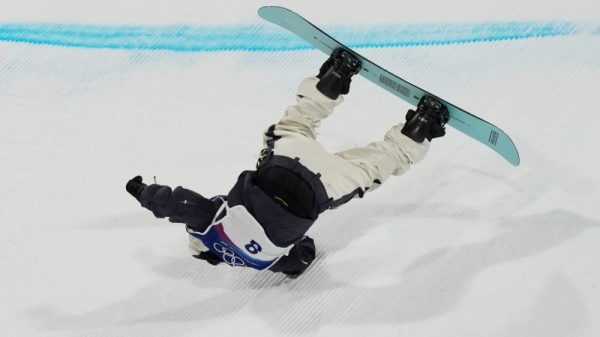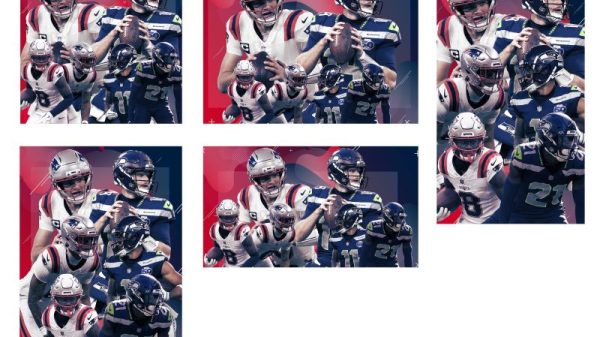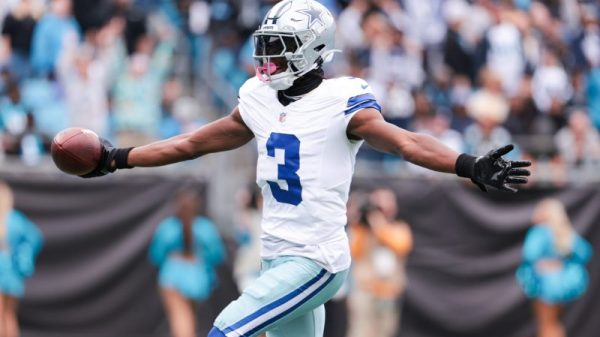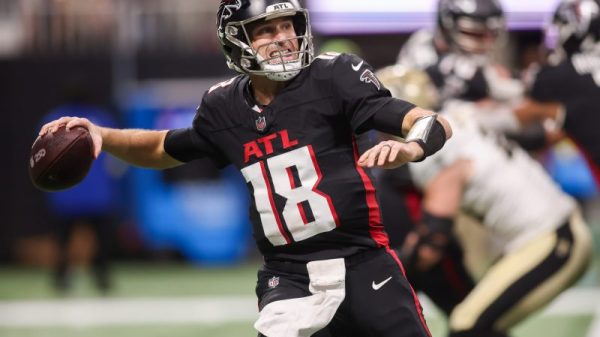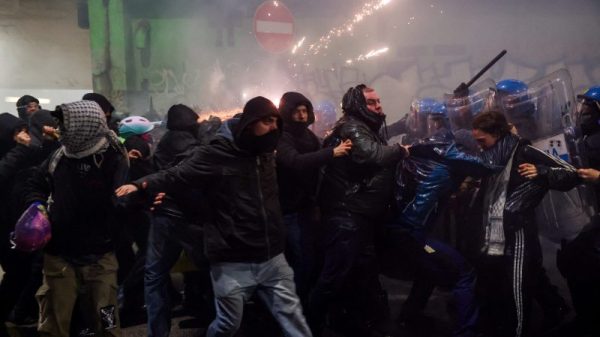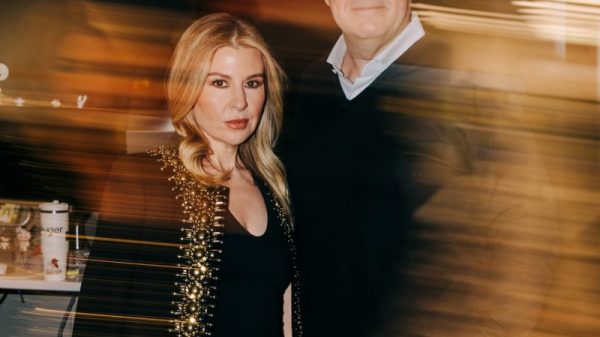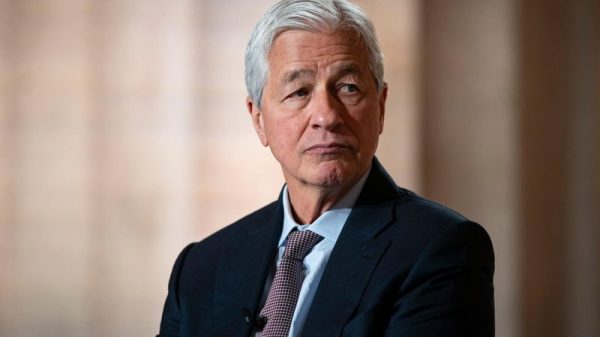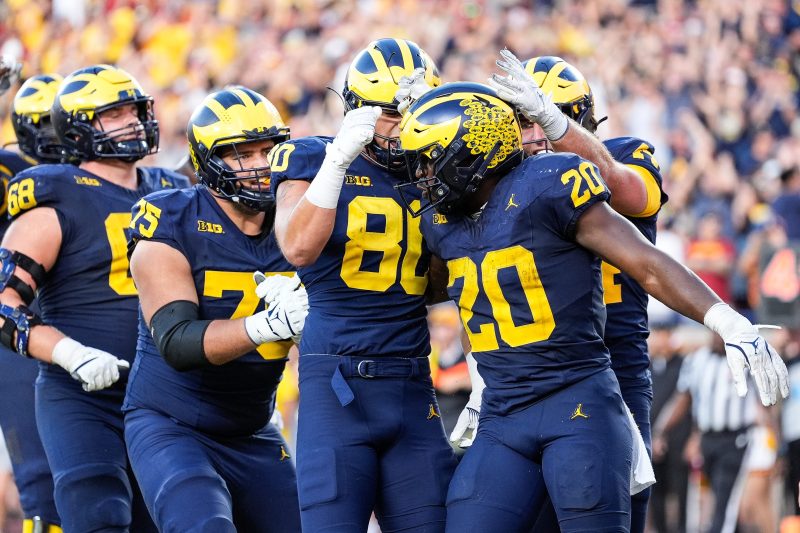The NCAA cited a failure “to create a culture of compliance” in disciplining Michigan for the controversial sign-stealing scandal that occurred under former coach Jim Harbaugh, assigning probation, a new form of recruiting restrictions and a substantial fine tied to the program’s overall budget and future postseason revenue.
“However, the true scope and scale of the scheme — including the competitive advantage it conferred — will never be known due to individuals’ intentional destruction and withholding of materials and information,” the NCAA Division I Committee on Infractions wrote. “That said, this case and the decision that follows are limited to the information ultimately demonstrated through the NCAA enforcement staff’s investigation.”
Harbaugh, now the head coach of the Los Angeles Chargers, was given a 10-year show-cause ban by the NCAA that effectively ends his college coaching career. (This new penalty won’t even begin until 2028, when Harbaugh completes a current four-year ban stemming from another NCAA investigation.) Former off-field assistant coach Connor Stalions was handed an eight-year ban.
PATH TO PLAYOFF: Sign up for our college football newsletter
Current coach Sherrone Moore, now entering his second season, was given a two-year show-cause order and was suspended for one game in 2026, joining the self-imposed two-game suspension Moore will serve this September.
The monetary penalty features a $50,000 fine plus 10% of the program’s operating budget, an additional fine “equivalent to the anticipated loss of all postseason competition revenue sharing associated with the 2025-26 and 2026-27 football seasons” and another fine equal to 10% “of the scholarships awarded in Michigan’s football program for the 2025-26 academic year.” The total cost could be upwards of $30 million.
There is no questioning the seriousness of the NCAA investigation and resulting penalties: Michigan committed a cardinal sin in embracing an unfair competition advantage, the infractions committee found. It also did another major no-no in concealing information from investigators.
What’s missing from Michigan’s sanctions from NCAA
But the penalties assessed by the NCAA are notable for what’s missing. For two, the Wolverines were not handed a postseason ban or forced to vacate any wins — meaning that 2023 championship banner will continue to hang without any asterisks and the program will remain the winningest in Bowl Subdivision history.
That represents the latest significant deviation from the NCAA’s traditional stance on systemic rule violations, especially for repeat offenders. Historically, programs who strayed this far outside of NCAA rules were assigned three specific types of penalties.
One was a postseason ban, in many cases spanning multiple seasons. The most recent examples in the FBS are one-year bans handed to Central Florida and North Carolina in 2012 and Ohio State in 2011. The most stringent postseason penalties in FBS history were four-year bans handed to Indiana in 1960 and North Carolina State in 1959 for “improper recruiting inducements.” These don’t include the NCAA shutting down SMU’s football program in the 1980s for ineligible payments to players.
In the case of Michigan, the Committee on Infractions ruled that a postseason ban would “unfairly penalize student-athletes for the actions of coaches and staff who are no longer associated with the Michigan football program.”
The second traditional penalty would vacate wins. Last year, Arizona State was forced to vacate eight wins that occurred under former coach Herm Edwards due to violations that occurred during the COVID-19 pandemic. Tennessee had to vacate 11 wins from the 2019 and 2020 seasons for violations that came under former coach Jeremy Pruitt.
Most famously, the NCAA vacated all of Penn State’s 111 wins that occurred from 1998-2011 as part of the fallout from the Jerry Sandusky scandal. The NCAA restored those wins in a 2015 settlement with the university, restoring Joe Paterno as the winningest coach in FBS history.
The Wolverines escaped any lost wins because vacating records “is only in play when there is ineligible competition,” meaning players who are used despite being ineligible for participation, said Norman Bay, the chief hearing officer for the Committee on Infractions.
“That was not a factor present in this case, so it was not a penalty, in other words, that could be considered. And we did not impose it.”
Third, programs that committed similar recruiting violations, especially as repeat violators, have historically been levied with scholarship reductions or restrictions. That Michigan was not reflects on the rapidly shifting world of college sports related to name, image and likeness legislation that went into effect earlier this decade.
The recent House settlement will cap football roster limits to 105 athletes, though schools can keep all 105 players on scholarship; there was previously no set-in-stone cap on roster size, but schools could only have 85 players on scholarship, with the rest of the team filled out by walk-ons.
Instead of having an indefinite number of scholarships officially taken away, Michigan will face that 10% ban on football scholarships for the 2025-26 season.
“The NCAA membership has not yet determined whether roster reductions will replace scholarship reductions as a core penalty, and the panel did not want to prematurely make that decision on behalf of the membership,” the committee ruled. Rather than a straightforward reduction, the committee “converted the penalty to the financial equivalent of what would have been scholarship reductions.”
What will future NCAA sanctions look like?
That will very likely be the standard moving forward, as rule violations and the subsequent assessment of penalties will fall in large part to the College Sports Commission, which was created established by the Power Four conferences in the wake of the House settlement. Led by former Major League Baseball executive and assistant U.S. attorney Bryan Seeley, the commission will supervise the approval of all NIL deals.
This makes the Michigan case a primer for how college football plans to police the new landscape. Postseason bans are out. Player-focused penalties, such as those reducing scholarships, are also out. Vacating wins also seems more like a relic of earlier attempts to curtail rule-breaking behavior among repeat offenders.
Coaches will continue to own breaches that occur under their watch, however. And as conferences and programs are chasing increased revenue streams to fulfill athletics-department obligations, penalties are more likely to include significant financial consequences.
The near future will tell whether this is an effective deterrent. If a program was willing to commit serious violations to capture a national championship — knowing that the banner would not be taken away and that wins would not be vacated — would everyone involved be willing to accept an eight-figure fine as the fallout?
If the answer is yes, the NCAA and this newly formed commission would have to reimagine the enforcement process and penalties necessary to create an equitable, fair-play environment for the top level of college football.






